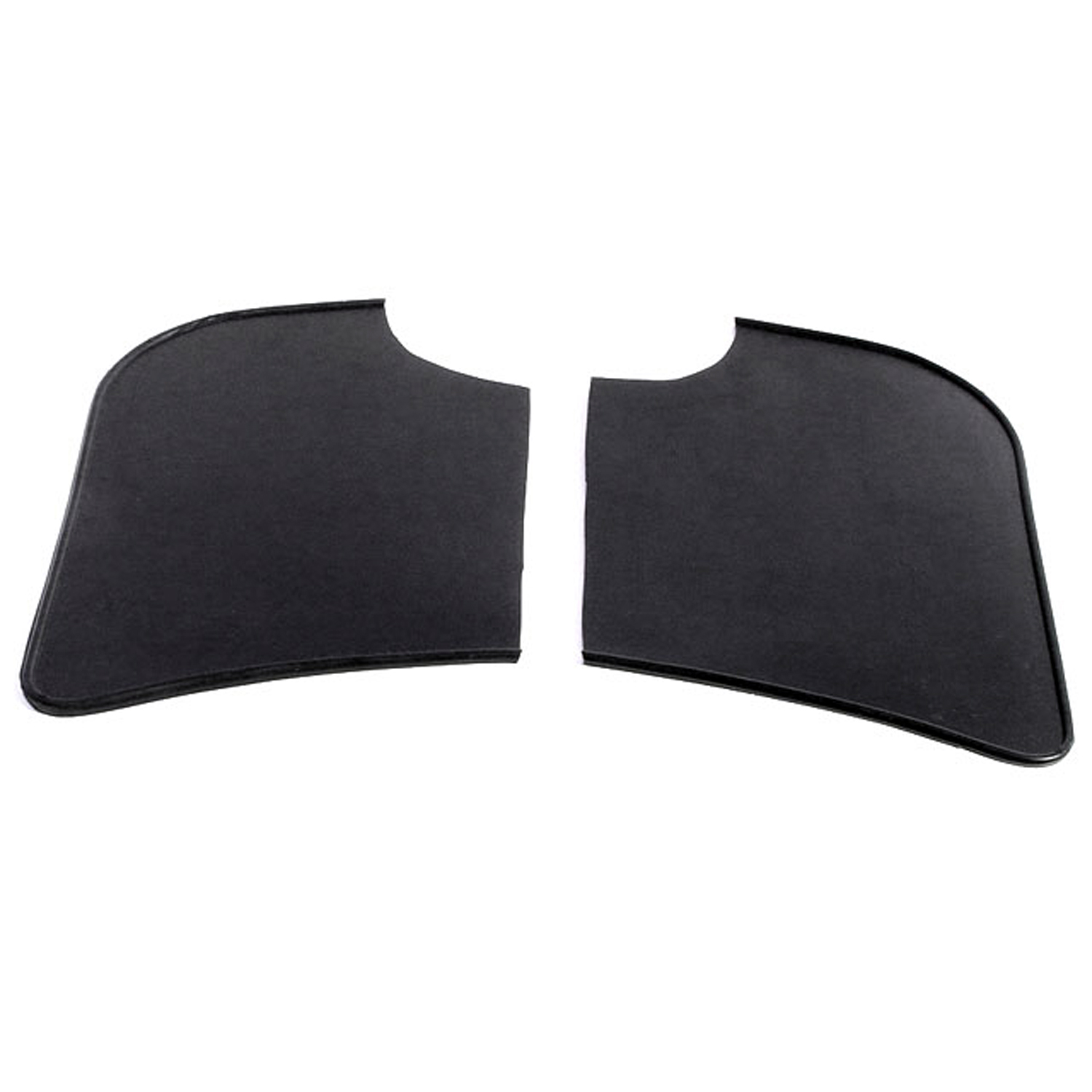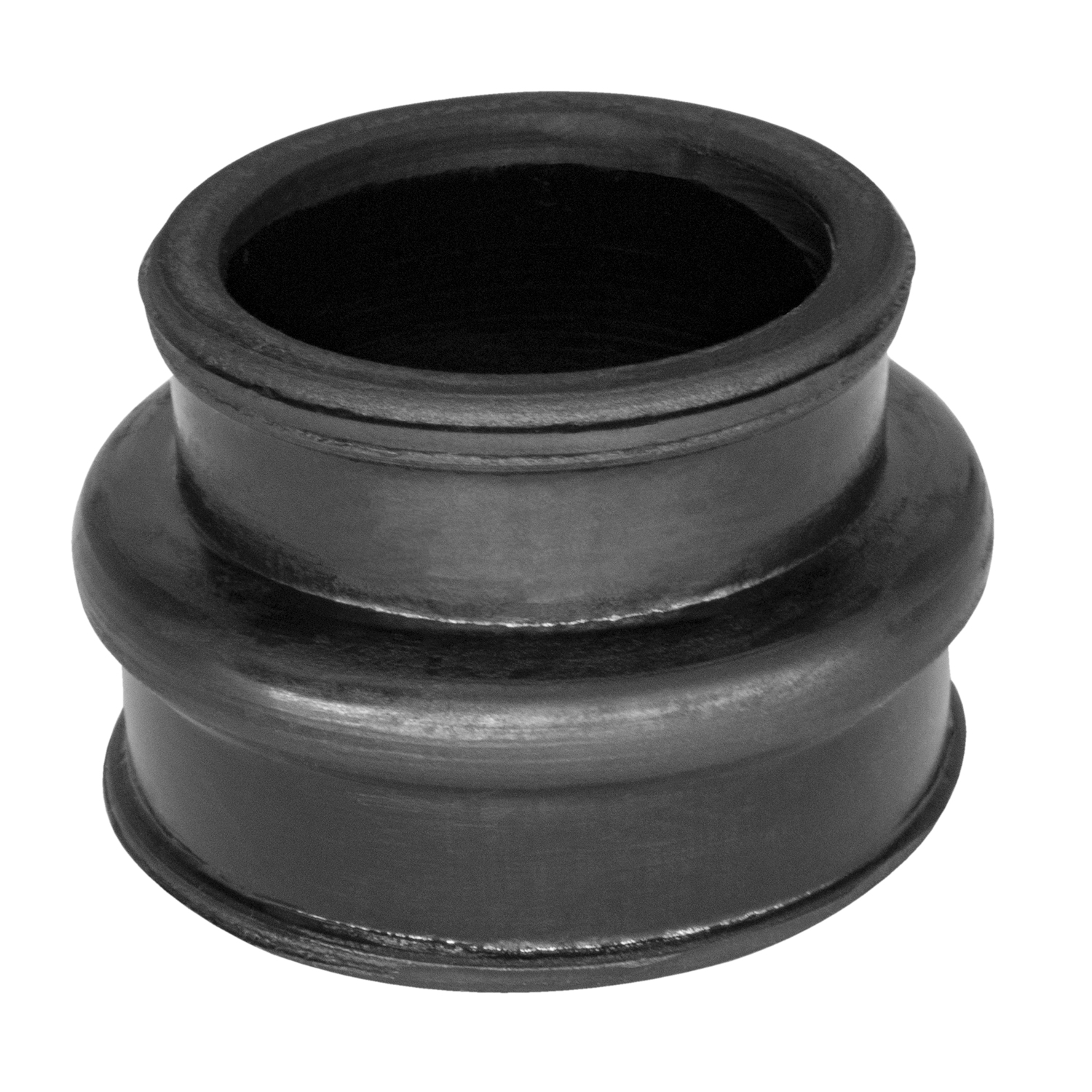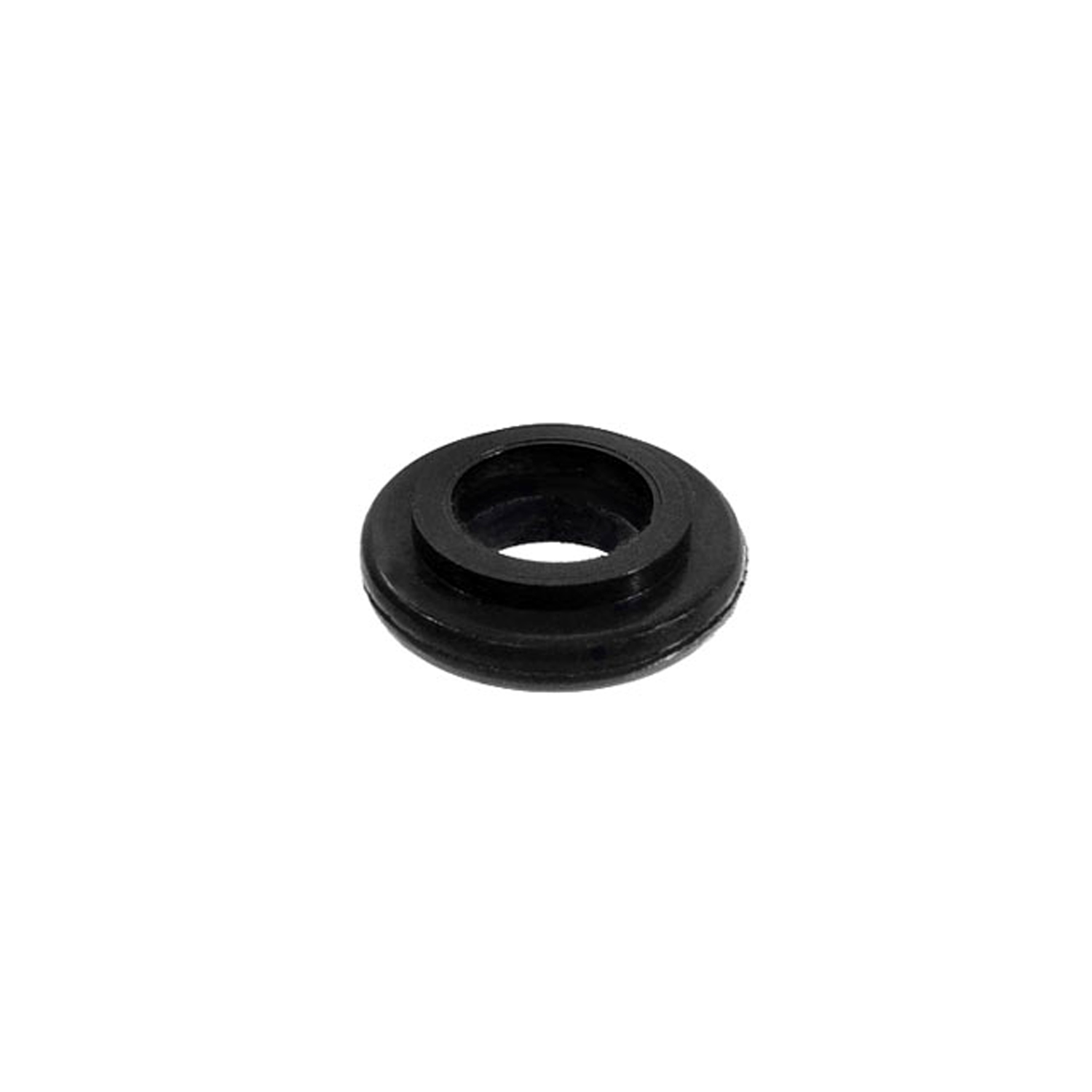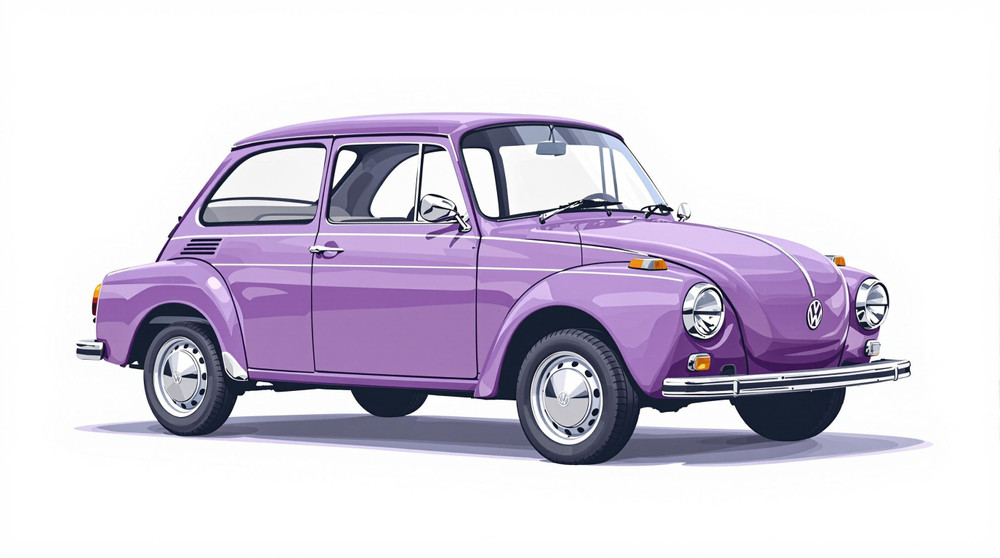Image of 1974 Volkswagen Type 2, Note: These illustrations use artistic license and may differ from actual historical models.
Performance Metrics
Fundamental Metrics
Emotional Appeal
MMP Rating
| Engine Specifications | |
|---|---|
| Engine: | Air-cooled flat-four engine |
| Displacement: | 1.6L |
| Horsepower: | 46-50 hp |
| Torque: | 73-75 lb-ft |
| Compression Ratio: | 7.5:1 |
| Ignition System: | Distributor ignition |
| Cooling System: | Air-cooled |
| Performance Specifications | |
| 0-60 Time: | 20 seconds |
| 1/4 Mile Time: | Not available |
| Top Speed: | 72 mph |
| Transmission and Drive | |
| Drive Type: | Rear-wheel drive |
| Transmission Type: | 4-speed manual |
| Fuel and Efficiency | |
| Fuel System Type: | Carburetor |
| MPG: | 17-20 mpg |
| Dimensions and Brakes | |
| Brakes: | Front disc and rear drum brakes |
| Wheelbase: | 94.5 inches |
| Weight: | 3000 lbs |
Note: Specifications for classic cars are given to the best of our ability, considering the limited and variant data available.
1974 Volkswagen Type 2: A Timeless Icon of the Open Road
The 1974 Volkswagen Type 2, affectionately known as the VW Bus or Kombi, cruises down memory lane with a legacy as rich as its cultural impact. Born from the innovative vision of the Volkswagen brand, this vehicle emerged as a symbol of freedom and adventure during an era of significant social change. The Type 2's unique design and versatility captured the hearts of a generation, and its distinctive shape became an emblem of the counterculture movement. One particularly intriguing fact about this model is that it was among the last to feature the classic split windshield, endearingly known as the "Splittie," before transitioning to the single-piece bay-window design.
Design and Innovation
The exterior styling of the '74 VW Type 2 is instantly recognizable with its boxy silhouette and friendly façade. Its rounded edges and simple lines exude a charm that is both nostalgic and functional. Inside, occupants are greeted with a spartan yet surprisingly roomy interior. The quality of materials reflects the utilitarian ethos of the era, prioritizing durability over luxury. Technologically, it boasted advancements like improved electrical systems for reliability. Color options ranged from vibrant oranges and blues to more subdued earth tones, with Pastel White and Chrome Yellow being popular choices among enthusiasts.
Various body styles were available, including panel vans, campers complete with pop-up roofs, and the classic passenger buses. The Westfalia camper versions, equipped with beds and kitchenettes, remain iconic for their embodiment of wanderlust.
Historical Significance
The '74 Type 2's impact on automotive design is undeniable; it challenged conventional car design by offering a forward-control layout that maximized interior space on a compact footprint. This car stood out for its ability to cater to diverse needs—from transporting goods to providing a mobile home on wheels—setting a precedent for future multi-purpose vehicles.
Performance and Handling
Performance-wise, the '74 VW Bus wasn't about speed—it was about experience. With a top speed hovering around 75 mph and leisurely acceleration (0-60 mph in over 20 seconds), it encouraged a more relaxed approach to travel. Handling was steady but required attention due to its high profile and susceptibility to crosswinds. Driving one was about enjoying the journey: the hum of its air-cooled engine, the panoramic view from behind the large steering wheel, and the sense of connection between driver, vehicle, and road.
Ownership Experience
The Type 2 served various roles from daily transport to weekend getaway machine or even as a rolling canvas for artistic expression. Its maintenance was relatively straightforward, endearing it to DIY mechanics worldwide. Reliability was generally good for its time, though today's owners should expect some wrenching to keep it humming along.
Fun Facts
This VW bus has seen its share of limelight with rare editions like the Sunroof Deluxe commanding attention. Celebrity ownerships have added to its mystique—imagine Jerry Garcia behind the wheel! It's set records too; in longevity if not speed, with many still on the road after decades of service. Criticisms often focus on its modest power output and vulnerability to rust, but these quirks are just part of its character.
Collector's Information
Today's collector market values a well-preserved '74 Type 2 highly; prices can range from $15,000 to over $50,000 depending on condition and originality. Production numbers were substantial but finding one in pristine condition is becoming increasingly difficult. As nostalgia fuels demand, these vehicles are appreciating in value—a trend that shows no sign of slowing down.
Conclusion
The 1974 Volkswagen Type 2 stands as more than just a vehicle; it's a cultural icon that encapsulates an era defined by exploration and freedom. Its enduring appeal lies not just in its design or functionality but in its ability to evoke memories and inspire dreams of adventure. As we look back on this classic machine, we're reminded that some journeys take us far beyond the road—they take us through time itself.
1974 Volkswagen Type 2 Catalog of Parts
 1974 Volkswagen TYPE 2 Gravel Shields. Molded flat without metal backing plates-FS 40Gravel Shields. Molded flat without metal backing plates. Apply with contact cement. 7-5/8" long X 5-5/8" wide at top. Pair
1974 Volkswagen TYPE 2 Gravel Shields. Molded flat without metal backing plates-FS 40Gravel Shields. Molded flat without metal backing plates. Apply with contact cement. 7-5/8" long X 5-5/8" wide at top. Pair 1974 Volkswagen TYPE 2 Intake Manifold Boots. Made of rubber. 1-3/8" I.D., 2" O.D-RP 300-BIntake Manifold Boots. Made of rubber. 1-3/8" I.D., 2" O.D. X 1-1/2" high. Pair
1974 Volkswagen TYPE 2 Intake Manifold Boots. Made of rubber. 1-3/8" I.D., 2" O.D-RP 300-BIntake Manifold Boots. Made of rubber. 1-3/8" I.D., 2" O.D. X 1-1/2" high. Pair 1974 Volkswagen TYPE 2 Oil Cooler Seal. 7/16" I.D., 7/8" O.D. Each-RP 8-BOil Cooler Seal. 7/16" I.D., 7/8" O.D. Each
1974 Volkswagen TYPE 2 Oil Cooler Seal. 7/16" I.D., 7/8" O.D. Each-RP 8-BOil Cooler Seal. 7/16" I.D., 7/8" O.D. EachWhy Choose Metro?
For over 100 years, Metro Moulded Parts has been the pinnacle of quality in classic car restoration parts. Our commitment to precision and authenticity in every component ensures a perfect fit and an OEM-level appearance.
- Expert Craftsmanship & Quality: Each part is a testament to our dedication to reliability and perfection, crafted from original designs and thoroughly tested.
- Advanced Technology: We use cutting-edge techniques to create flawless, long-lasting parts that surpass others in performance.
- SuperSoft Sponge – The Ultimate Door Seal: Not only are our door seals 30% softer than competitors', but they're also guaranteed to never leak. They effectively reduce wind and road noise, enhancing your classic car's comfort and driving experience.
- Proudly American: Our parts are a product of American craftsmanship, made in the USA with a spirit of excellence and heritage.
- Unrivaled Warranty: We back our products with a 30-year industry-leading warranty, a testament to our confidence in their quality.
Join us in preserving the legacy of classic cars with parts that are crafted for perfection, not just made.

